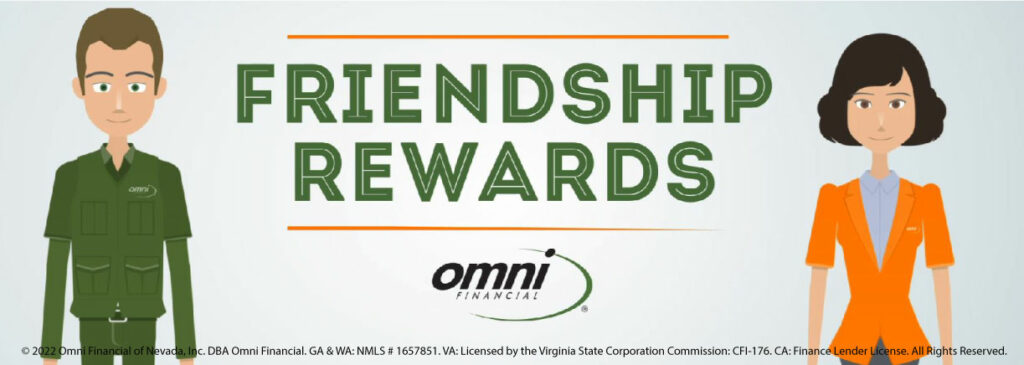Whether it’s credit card debt, student loans or medical bills, the amounts owed in monthly payments has millions of Americans seeking out the fastest possible solution. Could debt settlement be one of them?
You’ve likely seen them before: claims from debt settlement companies that promise to reduce what you owe. With so many people in debt, it’s little wonder these companies are viewed as a potential strategy for fast debt relief. Close to 50% of Americans carry at least some credit card debt, according to polling conducted by Gallup. In 2015, outstanding revolving credit topped $913 billion, a near 4% increase from 2014. Fast forward to today: consumer debt overall tops $4 trillion, based on figures compiled by The Wall Street Journal.
Deep in debt and short on solutions, an increasing number of people are turning to debt settlement services, according to Steven Boms, an adviser to the American Fair Credit Council. Indeed, the amount of money enrolled in debt settlement programs ballooned to $12 billion in 2019, up from $1.7 billion compared to 2012.
“The only real alternative many of these consumers have to debt settlement is bankruptcy,” Boms told the Journal.
This isn’t exactly true, not when you have a creditor who is willing to work with you before you get to the point of serious debt, like Omni Financial. Unfortunately, far too many people don’t reach out to their creditor to explain their situation soon enough, which causes them to think that debt settlement really is their only option. You should learn all of the debt settlement company pros and cons before considering this risky payment plan. Here are some important things to know about debt settlement companies before taking that leap:
What does debt settlement involve?
Debt settlement is a service that third-party companies offer as a potential solution for consumers who are overwhelmed by payments that remain outstanding. They do this by negotiating the amount you owe so credit card companies, for example, can still be reimbursed but at a total that helps to reduce your debt burden.
Those who have successfully used these companies state that debt settlement works, pointing to their testimonials indicating as such. Yet, as The Wall Street Journal, the Consumer Financial Protection Bureau and buyer beware trade groups have discovered, when it comes to debt settlement companies, these are the exceptions. More often than not, they can add problems to the existing debt rather than decreasing it. That is why it is important to seek out a lender that will work with you to improve your financial situation.
Your credit score may fall
Credit reports enable lenders to get an idea of your financial situation so they can determine whether you’re eligible for a loan. Your credit score is a numerical way of examining how diligent you are about making payments on time. The higher your score, the more likely it is you’ll be approved for a loan and an affordable interest rate.
But as the Journal and those who’ve gone through debt settlement companies acknowledged, following the advice of debt settlement companies can lead to a damaged credit score. Debt settlement companies sometimes advise you to not make minimum monthly payments on the amounts owed in order to save and then pay later as a lump sum. However, spurning due dates can make your credit worse than it already is because a substantial portion of your credit score is influenced by not only making payments, but making them on time. Before you consider taking this type of advice, talk to your creditor about ways to set up a payment schedule that is achievable for you.
There are no guarantees
If you’ve done a Google search of debt settlement programs, you’ve no doubt seen this: third-party organizations that claim to have saved consumers tens of thousands of dollars on their previous debts. However, buried in the print are disclaimers that there’s no guarantee a debt settlement agreement will be reached. In such a scenario, you may dig yourself even deeper into debt by owing not just credit card companies, but now the third-parties who have tried – and failed – to negotiate a settlement. This again speaks to the value of going to your creditor directly to see what can be worked out, as a compromise of some kind may be possible.
Companies may use underhanded tactics
Although the CFPB has cracked down on predatory lending by increasing penalties and oversight, it hasn’t gone away completely. In fact, some organizations disguise themselves as lenders in order to pitch a different service.
Take what happened to a 33-year-old business development manager who lives in California’s Bay Area. As the WSJ reported, this woman was offered a $60,000 loan from a company called GreenLink Financial LLC after she was turned down by a different lender. She decided to accept the offer in light of the low interest rate, only to discover that what she thought was a loan was actually a debt settlement program.
“They said, ‘It’s to help you get by because you’re in a financial crisis,'” the business development manager told the Journal. “I [wasn’t] in a financial crisis, just trying for a low interest rate.”
The takeaway from this experience: You can’t take every company’s assurances about their products or offerings at their word, which is another reason why speaking with your original creditor is your best course of action. If appropriate, they can work out a plan that can square away the amount owed so you can avoid dealing with a collection agency.
Fees may be considerable
Should a third-party be successful in its ability to settle your debt, you’ll likely be charged a fee for this service. Depending on the nature of the agreement, what you saved in reducing your debt may be offset by this fee, potentially putting you back to square one.
Bruce McClary, vice president of public relations and communications at the National Federation for Credit Counseling, told Credit Karma that fees can go into effect in short order.
“If you have five or six creditors and the company settles one of those debts, they can start charging a fee as soon as they receive a result,” McClary warned. That is why it is important to always look into the terms of any financial agreement before signing up for a service – if it sounds too good to be true, it very well might be.
How can you protect yourself?
Of course, the safest course of action is to stay on top of your payments as much as you can, thus avoiding the debt trap. You can do this by using tried-and-true financial strategies, such as paying yourself first – meaning contribute a portion of your paycheck to an interest-bearing savings account – setting up an automatic savings plan or reducing how frequently you use your credit card.
If you come across a debt settlement program, do your research and check the Better Business Bureau. BBB may have some details that can provide insight into whether the company is legit or deceptive.
We know dealing with debt can be extraordinarily stressful. But it’s important to understand that the balance between debt settlement pros and cons are heavily weighted toward the latter. Talk to your creditors directly about your situation if you start to feel like your debt is getting out of hand. They can offer solutions that can help you avoid digging yourself into a hole. And while you’re at it, talk to us at Omni Financial. We’ll do everything we can to help you with your financial situation. We can’t guarantee a 100% perfect solution, but we can promise that we will pursue every possible avenue and work with you to help get you back on track.
The information provided in this blog post is for informational purposes only. It should not be considered legal or financial advice. You should consult with a financial professional to determine what may be best for your individual needs.

Friendship Rewards Program
Refer a friend and get a $25 Omni Gift Card



